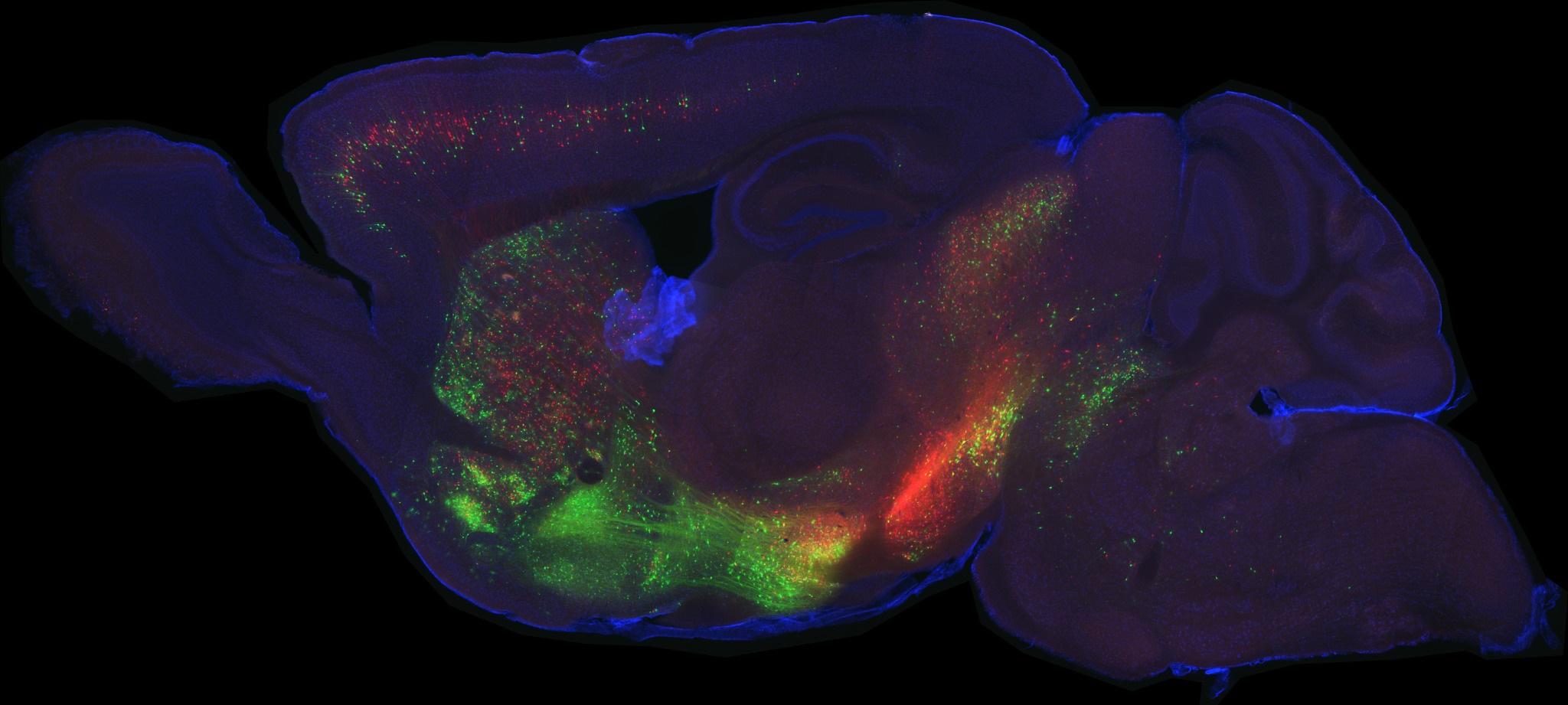Abstract:
Midbrain dopamine neurons play important roles in learning, motivation and movements. It has long been thought that dopamine neurons broadcast a reward prediction error signal to drive learning to predict future outcomes. Recent studies have shown, however, that the signals sent by dopamine neurons are more diverse than previously thought. For instance, some dopamine neurons are activated by threatening stimuli but not by reward. The activity of some dopamine neurons may be correlated with movement kinematics (e.g. speed) or the distance to a reward location (or motivational value) but not with reward prediction errors. These results have been taken as evidence challenging the canonical view of dopamine signals based on reward prediction errors. In this talk, I will try to present a normative perspective on these diverse dopamine signals under the framework of reinforcement learning theory.

Biography:
Naoshige Uchida is a professor at the Center for Brain Science and Department of Molecular and Cellular Biology at Harvard University. He received his Ph.D. from Kyoto University in Japan, where he worked on the molecular mechanism of synaptic adhesions in Masatoshi Takeichi’s laboratory. He then studied olfactory coding in Kensaku Mori’s laboratory at the Brain Science Institute, RIKEN, Japan. He then joined Zachary F. Mainen’s laboratory at Cold Spring Harbor Laboratory, New York, where he developed psychophysical olfactory decision tasks in rodents. He started his laboratory at Harvard University in 2006. His current research focuses on the neurobiology of decision-making and learning, including neural computation in the midbrain dopamine system, functions of the cortico-basal ganglia circuit, foraging decisions and motor learning. His research combines quantitative rodent behaviors with multi-neuronal recordings, computational modeling, and modern tools such as optogenetics and viral neural circuit tracing.
